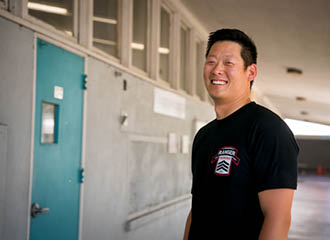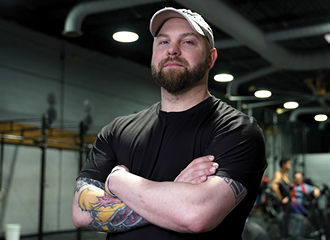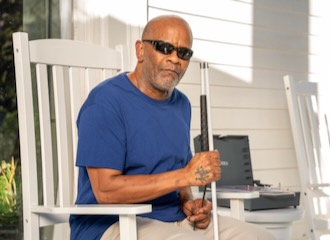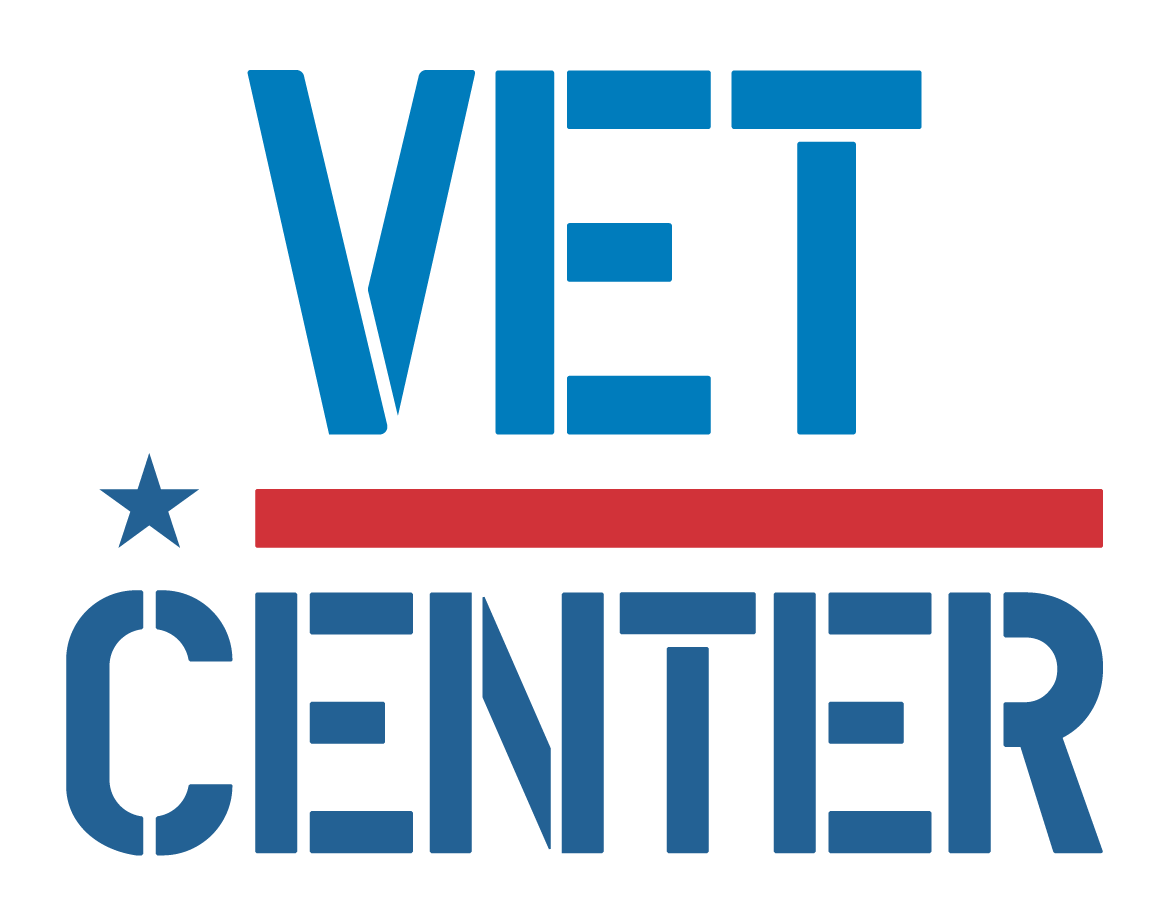Relationships can change quickly, especially after a major change in your life, or changes can happen slowly over time and may be difficult to notice. You may want to reach out for help if you notice any of the following changes in your relationships:
- Feeling disconnected or misunderstood by your family and closest friends
- Arguing a lot with family members or friends
- Feeling distant from your spouse/partner
- Feeling like you and your spouse/partner cannot agree on household tasks or like you’ve been replaced in your former role after being away
- Feeling like a stranger in your own home or noticing that your children seem disconnected from you
- Feeling emotionally distant or numb
- Wanting to avoid people who used to be important to you
- Drinking alcohol more often, or taking drugs
- Being constantly on edge or jumpy
- Feeling angry or irritable
- Having problems eating or sleeping
- Feeling hopeless
- Forgetting things often
- Losing interest or pleasure in things you normally enjoy
- Having difficulty living your usual life or just getting through the day
- Acting violently or being physically aggressive
There are several steps you can take that may help you manage your relationship issues:
- Make a “communication plan” for expressing your thoughts and feelings with those you care about. Think about what you want to say and how to say it.
- Listen to what others who care about you have to say.
- Find something social to do, such as a hobby, a Veterans’ group, volunteer work, or participation in a place of worship.
- Pace your social involvement and family activities. Don’t overdo it or overwhelm yourself.
- Discover ways you can spend time with others in ways that aren’t too emotionally or physically demanding.
- Get the right amount of sleep.
- Maintain a healthy diet by eating right.
Every day, Veterans from all military service branches and eras connect with proven resources and effective treatments. Here’s how to take the next step: the one that’s right for you.
New to VA? Apply for health care benefits.
- Getting started is simple. Create a free account online to help ease your enrollment process. To prepare to apply for VA health care in person, by telephone, or by mail, explore VA’s “How to Apply for VA Health Care” page.
- Not sure whether you are eligible for VA health care benefits? Read about eligibility for VA health care.
- Unsure of what kind of help you need? Call 877-222-VETS (877-222-8387) to find the right resources to meet your needs, Monday through Friday, 8:00 a.m. to 8:00 p.m. ET. If you have hearing loss, call TTY: 800-877-8339.
- Veterans’ family members and caregivers can see whether they qualify for VA medical benefits as a spouse, surviving spouse, dependent child, or caregiver. Explore family and caregiver health benefits.
Already enrolled in VA and interested in mental health support? Schedule a mental health appointment.
- If you’re already enrolled in and using VA health care, the fastest way to schedule VA appointments is to call the VA facility where you want to receive care.
- With VA appointments tools, you can schedule some VA health care appointments online, view details about upcoming appointments, and organize your health care calendar.
- If you’re not using VA medical services, contact your nearest VA medical center or Vet Center to talk about your needs.
What about other options at VA? VA offers a variety of tools and resources.
- The Veteran Training online self-help portal includes modules on managing anger, developing parenting and problem-solving skills, and more.
- Mental health apps for Veterans cover a variety of topics, ranging from PTSD to anger management to quitting smoking.
- VA TeleMental Health connects you with a VA mental health provider through a computer or mobile device in your home or at your nearest VA health facility. You can learn more about this option from your local VA medical center.
- Community-based Vet Centers provide confidential counseling, community engagement and referral services to eligible individuals and their families. You don’t need to be enrolled in VA healthcare or have a service connection to receive services. Find a Vet Center near you or call 877-927-8387, 24/7 to talk with a fellow Veteran about your experiences.
What about support outside of VA?
FindTreatment.gov and the National Resource Directory list programs outside of VA. Use these tools to find resources near you.
Learn more about what you can do if you are experiencing specific concerns related to family and relationship problems, such as stress and anxiety, depression, posttraumatic stress, a history of military sexual trauma, and alcohol or drug problems.











